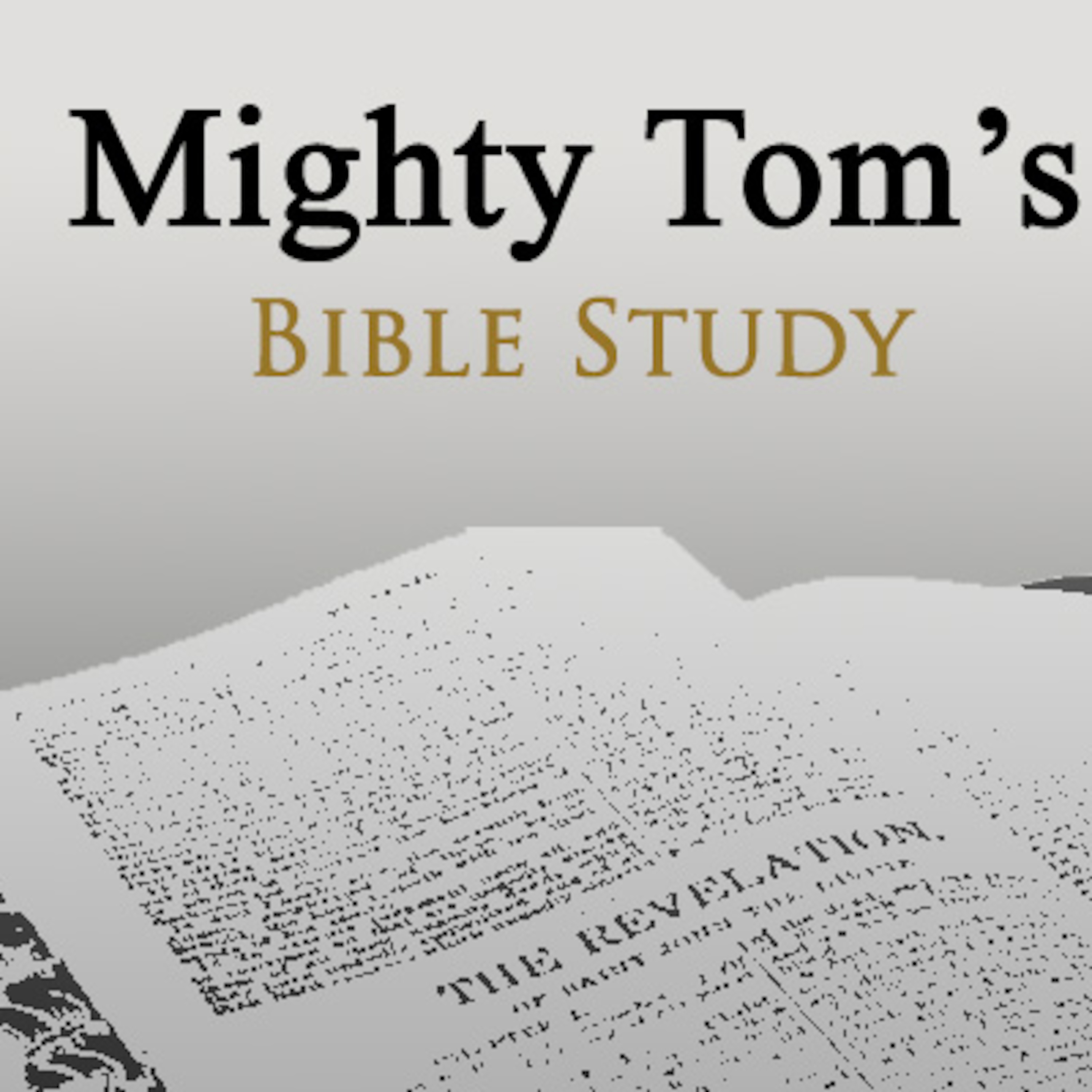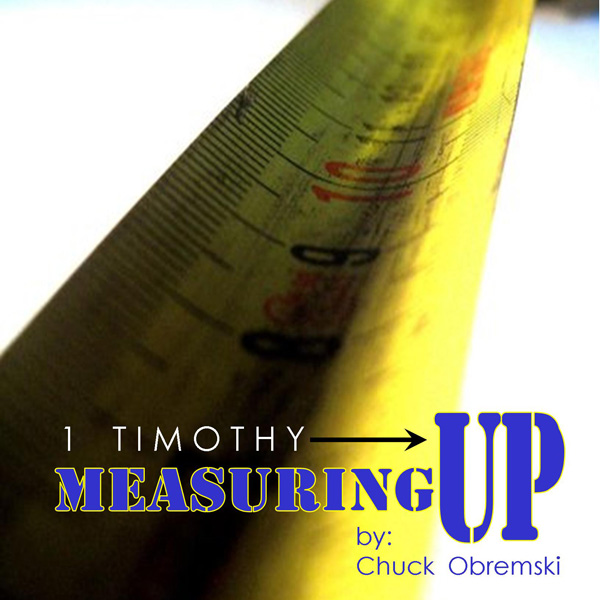Daf Yomi for Women - HadranAuthor: Michelle Cohen Farber
Hadran.org.il is the portal for Daf Yomi studies for women. Hadran.org.il is the first and only site where one can hear a daily Talmud class taught by a woman. The classes are taught in Israel by Rabbanit Michelle Cohen Farber, a graduate of Midreshet Lindenbaum's scholars program with a BA in Talmud and Tanach from Bar-Ilan University. Michelle has taught Talmud and Halacha at Midreshet Lindenbaum, Pelech high school and MATAN. She lives in Ra'anana with her husband and their five children. Each morning the daf yomi class is delivered via ZOOM and then immediately uploaded and available for podcast and download. Hadran.org.il reaches women who can now have access to a woman's perspective on the most essential Jewish traditional text. This podcast represents a revolutionary step in advancing women's Torah study around the globe. Language: en Genres: Judaism, Religion & Spirituality Contact email: Get it Feed URL: Get it iTunes ID: Get it |
Listen Now...
Menachot 49 - March 1, 12 Adar
Saturday, 28 February, 2026
A debate exists between a braita and Rav regarding communal peace offerings brought on Shavuot for the sake of rams instead of sheep; the braita deems the sacrifice ineffective, while Rav holds it is. Rav Chisda and Raba disagree on the specific nature of this case. Their dispute centers on whether the laws of "intent for the wrong sacrifice" apply when a kohen mistakenly misidentifies the animal's original purpose. Two objections, one from Mishna Gittin 54a and one from a braita, are raised against Raba's position that a sacrifice offered for the wrong purpose by mistake remains valid. In both instances, the Gemara resolves the objections. The Mishna explains that the daily tamid and the special mussaf sacrifices of Shabbat and festivals do not preclude one another. However, the precise meaning of the Mishna is initially unclear. The Gemara introduces a question posed by Rabbi Chiya bar Avin to Rav Chisda: if only one animal is available, should it be used for today's mussaf or saved for tomorrow's tamid? Initially, our Mishna is cited to prove that there is no specific preference between the two, but this proof is rejected as inconclusive. A different source is brought to resolve the question, but it is also dismissed, as the Gemara determines it refers to a case irrelevant to the current discussion.








